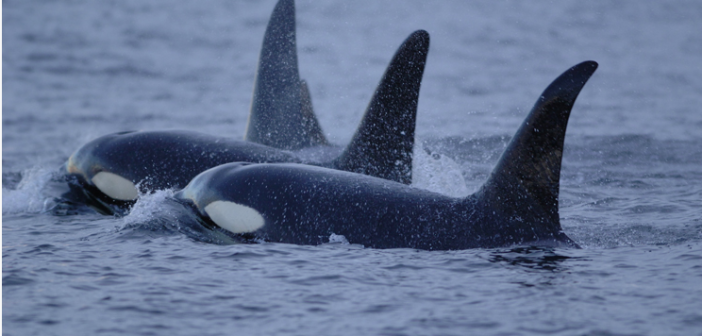All those orcas ramming and sinking boats are just bored? Well, that’s the conclusion of a new study as reported in a thorough story about the attacks in USA Today:
For the last five years, killer whales have been ramming – and in some cases sinking – expensive yachts, fishing boats and motorboats in the crystalline waters off the coast of Spain, Portugal, France and Morocco.
Why has been a mystery – until recently.
A multinational group of orca experts that met in February and were sponsored by the governments of Spain and Portugal has released a report outlining why they think it’s happening and what can be done to stop it.
What originally appeared to be attacks on more than 673 boats since 2020 now seem more likely to be a bunch of bored teenage orcas looking for something to do, said cetacean expert Alexandre Zerbini. Essentially, the whales started a fad of playing with boat rudders.
The report comes two weeks after the first ramming of the season, which resulted in a sailboat sinking at the southern entrance to the Strait of Gibraltar. On the morning of May 12, a group of orcas snuck up on a 50-foot sailboat and dove at its rudder, damaging the Alborán Cognac and causing a leak that eventually sank the boat. The two crew members were evacuated to a nearby oil tanker, according to the Spanish newspaper El Pais.
These encounters have been going on for five years, with the first documented encounter happening in May 2020. Since then, at least five sailboats and two Moroccan fishing boats have been sunk.
“It starts in the spring, goes way off the charts in the summer and goes away in fall. That’s because the whales and boats are in the same area at the same time,” said Naomi Rose, a senior scientist with the Animal Welfare Institute in Washington, D.C., who was part of the working group.
This group of orcas interacts with the vessels because they are being enriched by the experience, said Renaud de Stephanis, president of CIRCE (Conservación, Información y Estudio sobre Cetáceos), an organization dedicated to preserving marine life. De Stephanis has been studying orca behavior for over 25 years and was also at the gathering of scientists in Madrid.
“The sea is a very boring place for an animal,” said de Stephanis. “Imagine if you’re a dog or some other mammal, you can interact with objects around you. But in the sea there’s not much for the orcas to interact with, so they play with the rudders.”




